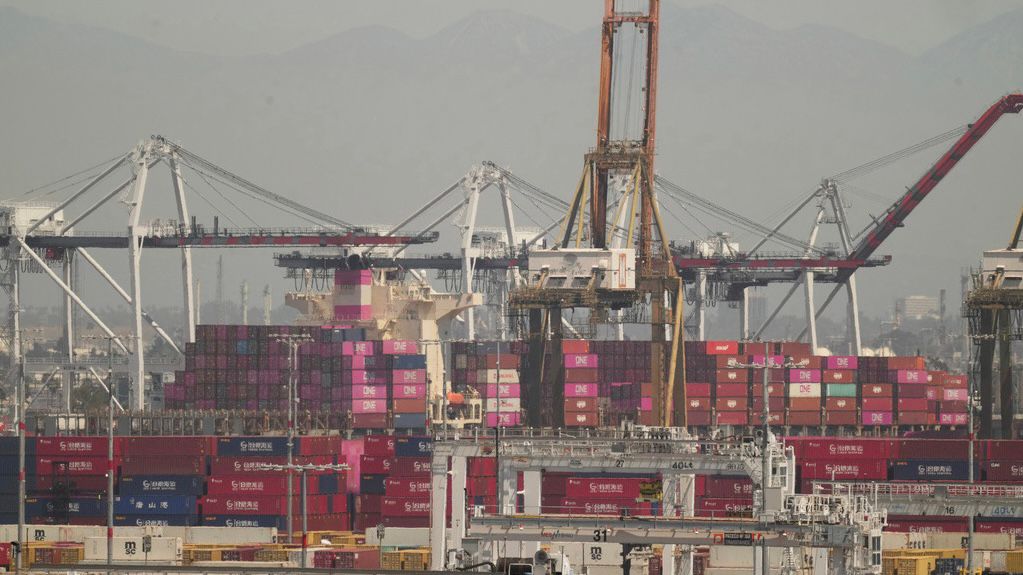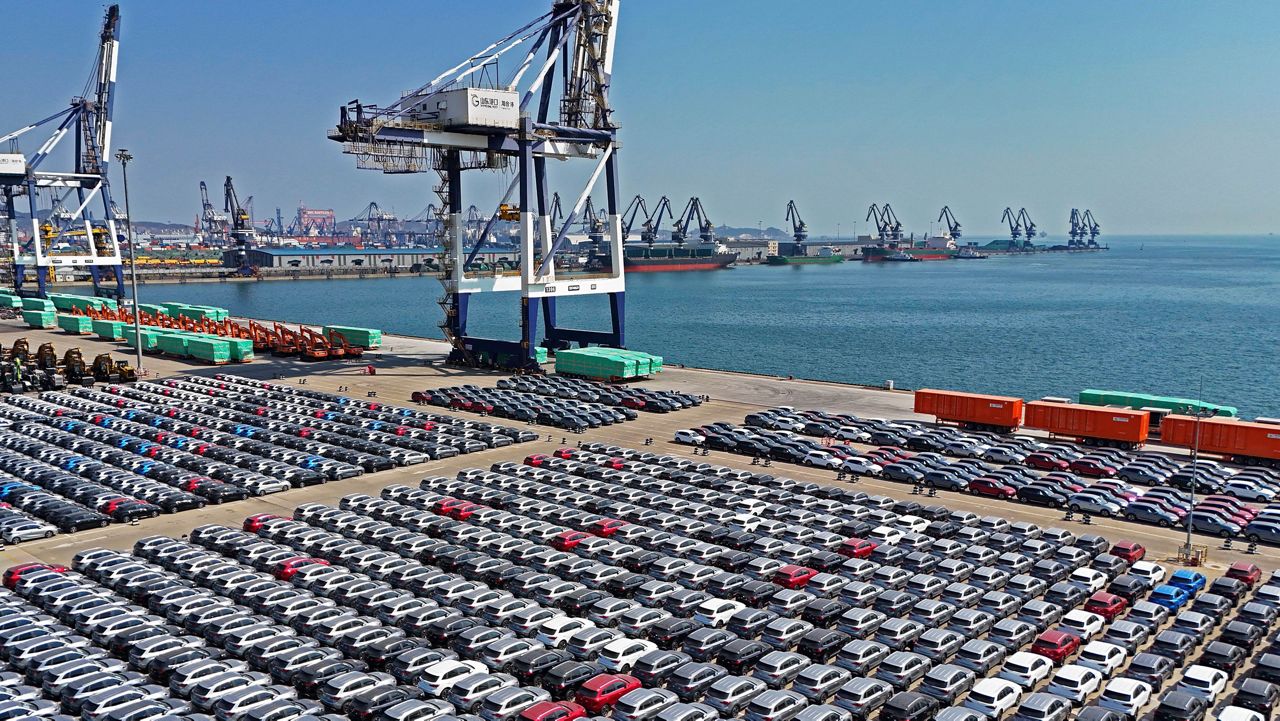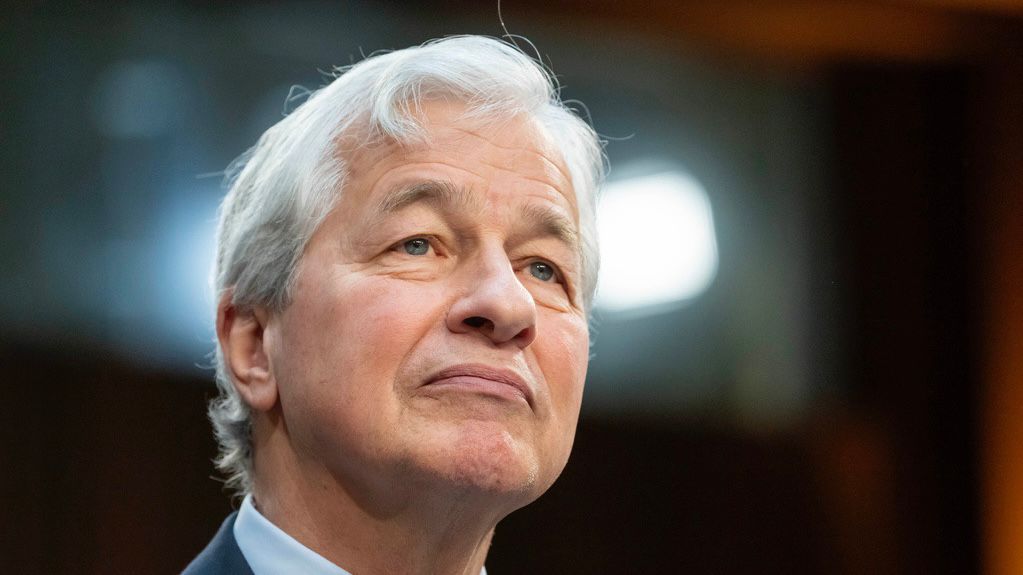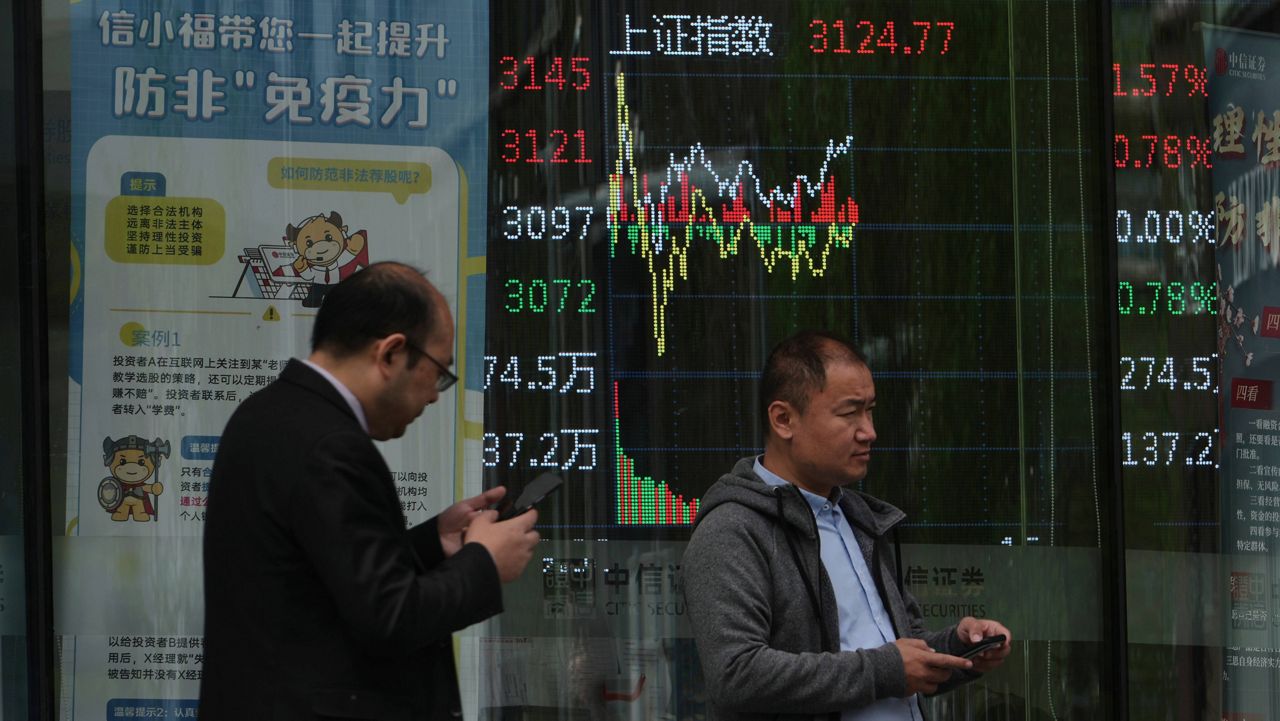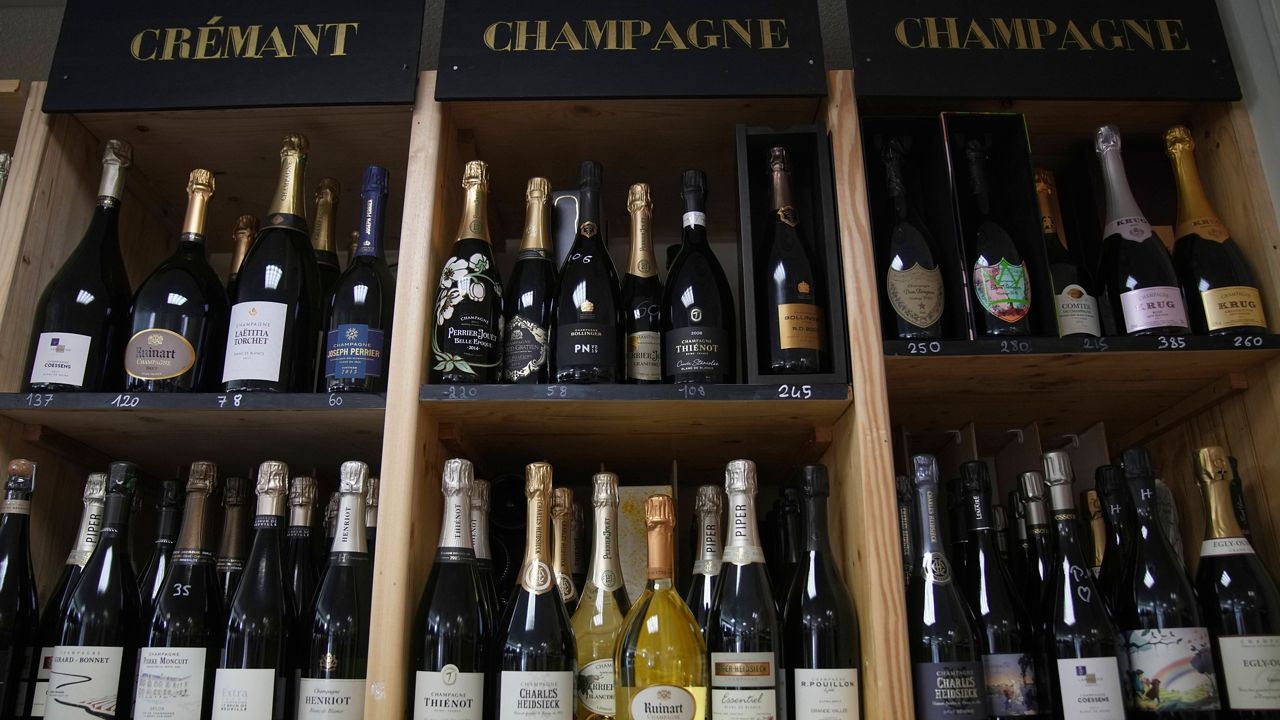As President Donald Trump orders troops to the U.S. southern border and openly discusses his desires for U.S. expansion into Panama and the northern Atlantic, he has promised to wage an economic battle with the United States’ three largest trading partners in a matter of weeks.
Speaking at the White House on Tuesday night, Trump said he would implement a 10% tariff on U.S. imports from China by Feb. 1 after previously announcing his plans to impose a 25% tariff on Canadian and Mexican imports on the same day. The tax on billions of dollars in imports will undoubtedly increase costs for American consumers on a wide range of products and the consequences of a trade war for the global economy could trigger a resurgence in inflation, economists and other experts have warned.
What You Need To Know
- As President Donald Trump has promised to wage an economic battle with the United States’ three largest trading partners in a matter of weeks
- Trump said he would implement a 10% tariff on U.S. imports from China by Feb. 1 after previously announcing his plans to impose a 25% tariff on Canadian and Mexican imports on the same day
- While tariffs are intended to hurt the economies of the countries targeted by them, the taxes on imported goods are paid by American companies who are bringing them into the United States and the added expense is often passed along to everyday consumers
- The tariffs, if implemented, could dramatically raise prices for American consumers on everything from gas to automobiles to agricultural products
- The U.S. is the largest importer of goods in the world, with Mexico, China and Canada its top three suppliers
“We're talking about a tariff of 10% on China based on the fact that they're sending fentanyl to Mexico and Canada,” Trump said. “Probably Feb. 1 is the date we’re working at.”
On Monday night, Trump said he was “thinking in terms of 25% on Mexico and Canada because they’re allowing vast numbers of… people to come in and fentanyl to come in.”
While tariffs are intended to hurt the economies of the countries targeted by them, the taxes on imported goods are paid by American companies who are bringing them into the United States and the added expense is often passed along to everyday consumers. Foreign economies will be hurt, economists say, because their exports are more expensive and fewer American consumers are willing to buy those products.
“Looking at these broad-based tariffs, companies are not going to be able to absorb all those costs, especially small- and medium-sized companies,” Jonathan Gold, vice president for supply chains and customs policy at the National Retail Federation, told Spectrum News in December.
American presidents, including Trump in his first term and his predecessor, Joe Biden, have implemented tariffs on certain products from certain countries — often in an attempt to give American companies a competitive edge over their foreign counterparts — but Trump is proposing broad tariffs on virtually all products that originate from China, Canada and Mexico. Those countries have threatened to retaliate on U.S. exports, with Canada reportedly considering imposing tariffs on American orange juice, toilets and steel. Canada, Mexico and China are the three largest recipients of U.S. exports.
“Economic globalization is not a ‘you-lose-I-win’ zero-sum game, but a universally beneficial process where all can benefit and win together," China Foreign Ministry spokesperson Lin Jian said on Tuesday. "Admittedly, economic globalization will bring some tensions and disagreements on distribution. These issues can only be resolved in the process of promoting economic globalization. Protectionism leads nowhere."
The United States is the world’s largest goods importer, according to the Office of the U.S. Trade Representative, bringing in trillions of dollars of products each year. China is the No. 1 supplier of U.S. imports, followed by Mexico and Canada. Collectively, the European Union outpaces any individual country, and Trump floated tariffs on those countries as well on Tuesday.
“China's an abuser, but the European Union is very, very bad to us. They treat us very, very badly,” Trump said. “So they’re going to be in for tariffs. It’s the only way you’re going to get ... fairness.”
The Associated Press contributed to this report.





